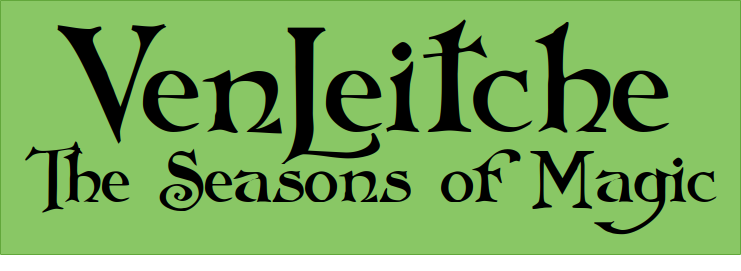Obligatory "What Is A RPG" Section
Introductory text from the WIP. Feel free to comment.
At its heart, tabletop roleplaying games are a way of formalizing the art of storytelling. Humans have been telling stories since we learned how to build a fire and sit around it. It’s our oldest form of entertainment. What a roleplaying game does is teach people how to tell their own stories again, bringing back an art that we have to some extent lost, especially in Western culture.
Each player in the game creates a character that exists in the game world, describing this character in two major ways. First, the player decides on the character’s personality, origins, appearance, motivations, and goals. They may write down as much of this, called the “backstory”, as they feel appropriate. They should explain at least some of it to the other players, and to the gamemaster, so that everyone at the table knows who everyone else’s character is. Second, the player fills out a form, called a character sheet, that quantifies the character with numbers, giving the player something to roll dice against when the character takes an action that has risk. Players describe the actions they want their characters to take, and play out dialog in-character, like improvisational actors on stage.
The gamemaster, or GM, serves as the stage manager for the improvisational storytelling group. They set up the initial situation that the characters find themselves in, provide descriptions of the environment and the people in it, and play all the walk-on speaking parts. The GM sees to the game mechanics, telling the players what numbers they’re rolling their dice against, and describing the result of the characters’ success or failure. The GM has three answers to any action the players want their characters to attempt: “yes and”, “yes but”, and “roll for it”. The first two have consequences attached. Yes, you succeed, and here’s the result, where do you go from there? Yes, you succeed, but this other thing happens that now you have to deal with. The last one requires dice to determine success or failure. There’s a risk involved, a chance things could go either way, and the player will roll dice according to the requirement the GM sets out, with the result dictating where the story goes from there. Think of the GM as a moderator, someone who keeps the story on track, helps keep the players focused on the goal of the story and the goals of their characters. While the GM plays the opponents of the player characters, and deliberately makes things difficult for them, the GM isn’t the enemy. Good times, as JRR Tolkein said, make bad stories, and so the GM provides the necessary conflict to help drive the story and keep it interesting.
In the end, the goal is for the GM and the players to work together to tell a fun and exciting story. The players may invest heavily in emotional terms in their characters, and they may experience deep emotional lows and strong emotional highs over the course of the adventure. When it’s over, they should feel that the journey has been worthwhile, that their characters accomplished something significant, and that they’d really like to get back together with the GM next week to tell the next chapter.
Get Dynamic Balances: Venleitche
Dynamic Balances: Venleitche
An early-medieval Pagan gameworld with a mechanic driven by player agency
| Status | In development |
| Category | Physical game |
| Author | Wandering Beekeeper |
| Genre | Role Playing |
| Tags | agency, Fantasy, Medieval, neopagan, Tabletop |
| Languages | English |
More posts
- Development Status 2020-04-26Apr 26, 2020
- Playtest Today! (2020-04-25)Apr 25, 2020
- Development Status 2020-04-19Apr 19, 2020
- Development Status 2020-04-12Apr 12, 2020
- Venleitche Open Playtest with PregensApr 06, 2020
- Development Status 2020-04-05Apr 05, 2020
- Development Status 2020-03-29Mar 29, 2020
- Today's Playtest is Go!Mar 28, 2020
- Venleitche Cover v0.6Mar 24, 2020
- Development Status 2020-03-22Mar 22, 2020

Leave a comment
Log in with itch.io to leave a comment.